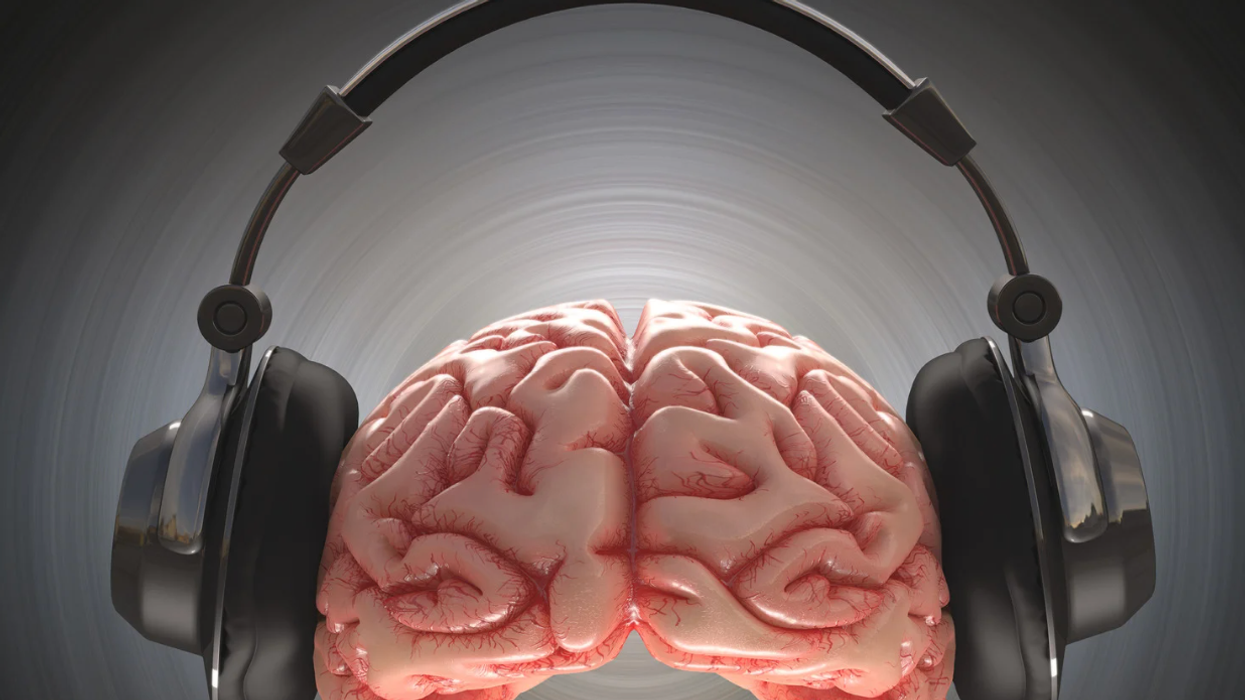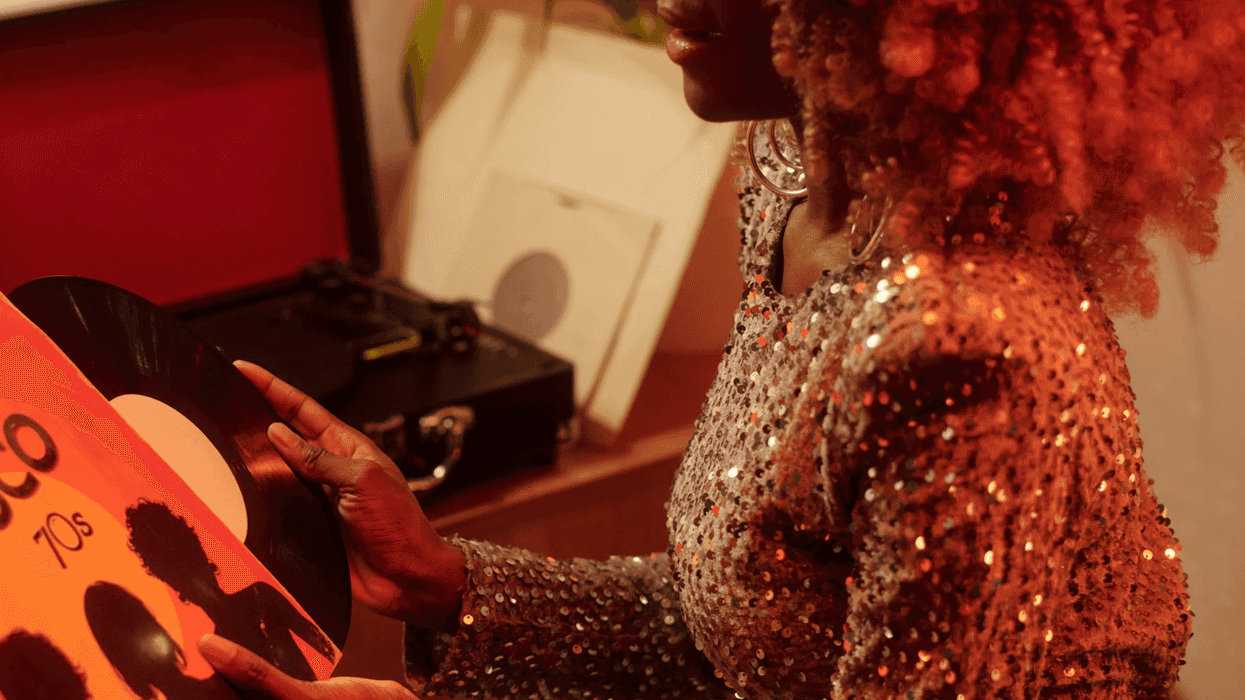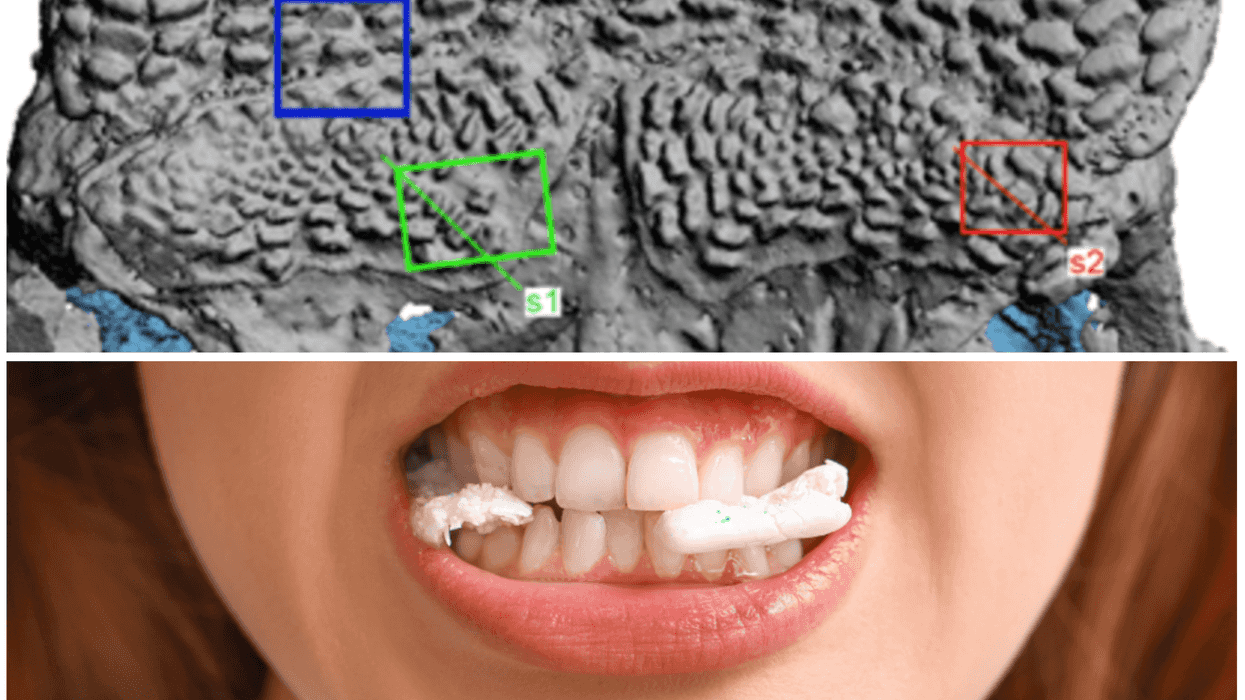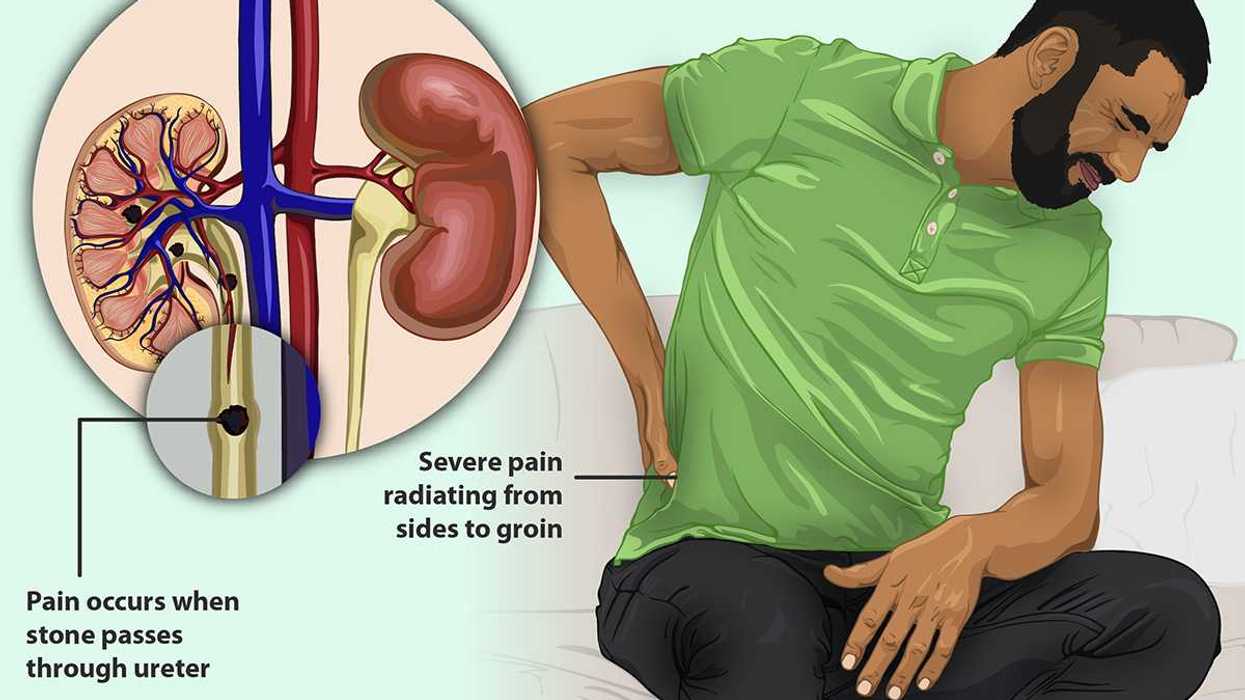They say music soothes the soul, but many people feel music in their bodies. Not just through dancing, but by people literally feeling good and getting chills listening to their favorite songs. Your heart beats differently, the skin on your arm bubbles with goosebumps, and whatever is troubling you seems to melt away. Listening to some songs can feel like a drug going through your system. Well, it turns out a recent Finnish university study shows that comparing music to a drug isn’t too far off.
A long-held scientific mystery is that music doesn’t appear to offer any true survival benefit, such as physical protection from predators or storing of calories, yet it is a part of every studied culture. Findings from research on music’s connection to the brain from Turku PET Centre and the University of Turku in Finland show through brain imaging that music activates the same natural opioid system that gives pleasurable feelings when eating delicious food or bonding with someone. For centuries, people reported feeling euphoric and pleasurable chills when listening to their favorite music, but now this study is zeroing in on the physical reasons why such feelings occur.
Why does music work 'like a drug'?
In the study, the researchers injected a tracer into the bloodstream of 15 female participants, each of whom provided a multi-genre playlist of music they found pleasurable. There were two brain imaging sessions: one which was a baseline brain scan of people listening to random tones and the other a scan while playing the participant’s preferred music. The results revealed that listening to the music opened up structures in the brain responsible for processing emotion and assessing value.
@tedtoks Ever wondered why some songs hit you right in the feels? According to songwriter Scarlet Keys, our brains are hardwired to respond that way. In her TED Talk, she explains the brain science of music and how songwriters use tone, chords and repetition to make us feel, cry and even dance. Visit the 🔗 in ☣️ to watch the full talk. #songwriter #musictiktok #favoritesong #tedtalk #tedx
Why does music give you goosebumps?
Whenever a participant reported feeling chills and goosebumps while listening to the music, the researcher found that their brain was releasing endogenous opioids, which provided that “feel good” feeling. The participants also underwent fMRI during the tests, showing the same activity in networks involved in processing emotions, body sensations, and the regulation of emotional arousal. They also saw the participants' heart rates and pupil sizes change, indicating physical arousal. In short, their brains felt a naturally induced high.
Further trials and experiments need to be done, but the researchers hope these findings could lead to reduced reliance on pain medication and oral opioids, which makes sense, as there are other studies that show music can provide pain relief. They also think this might help develop treatments for mood disorders such as depression and the inability to feel pleasure, as music impacts those neural systems.
@musicforbodyandspirit 174 Hz Music for Pain Relief #painrelief #174hz #meditationmusic
Time will tell whether we will discover more about our ancestors’ musical past and how we have evolved to have a physical, chemical reaction to music and other art. Who knows if, decades from now, we’ll have songs prescribed as pain relief or to address our mental state clinically. For now, though, keep adding more songs to your playlist that move you and motivate you. After all, it’ll make you feel good—and now you have a better understanding of why they do.




















 Left: A robotic arm. Right: Rice grains.Photo credit:
Left: A robotic arm. Right: Rice grains.Photo credit:  A diagram on kidney stones.myupchar/
A diagram on kidney stones.myupchar/ 
 Christy Lam-Julian, a mother in Pinole, Calif., reads to her son in April 2025.
Christy Lam-Julian, a mother in Pinole, Calif., reads to her son in April 2025. Children who read bedtime stories with their parents are likely to benefit from a boost in creativity – especially if they consider questions about the books.
Children who read bedtime stories with their parents are likely to benefit from a boost in creativity – especially if they consider questions about the books.


